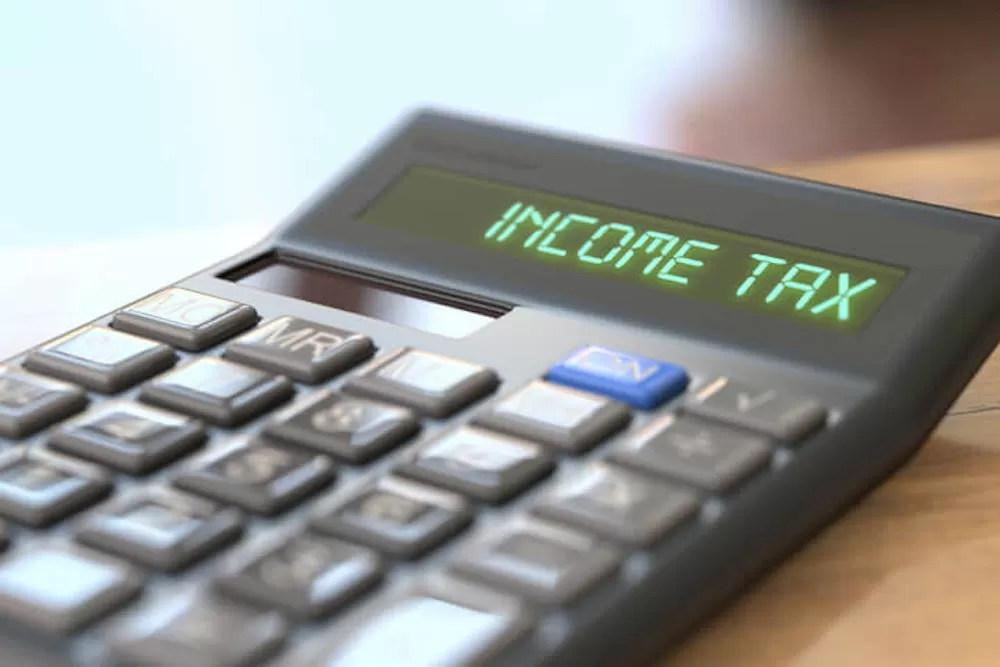
Firstly, just because you'll be staying in Austria for a period of time doesn't mean you'll automatically be required to pay taxes. It's when you become a level resident or a 'tax resident' that you have to contribute your fair share. But how do you get to be one? First. find a job. People earning in Austria or from Austrian companies are required to pay income tax. Naturally, when you become a legal resident, you'll become a taxpayer as well. And once you've spent 183 consecutive days—approximately six months—in Austria, you will automatically be regarded as a tax resident.
In terms of your income tax rate, the more you earn in a year, the higher you have to pay If you earn less than €11,000.00 a year, your rate is at 0%. When you earn an annual income between €11,000.00 to €18,000.00, your rate rises up to 25%. It's 35% if you earn between €18,000.00 to €31,000.00, 42% for an annual income from €31,000.00 to €60,000.00, and 48% when you earn around €60,000.00 to €90,000.00. Consequently, when you have an annual income between €90,000.00 to €1,000,000.00, your rate goes up to 50%. And if you earn more than €1,000,000.00 a year, the maximum rate is 55%.

Of course, after every tax year, you have to file your income tax returns. Austria's tax calendar follows the normal calendar meaning your tax returns should consist of your taxes from January 1 to December 31 of the previous year. They're due every April 30th of the following year. If you'll be submitting them online, the deadline is June 30th of every year. Do note that even if you're employed by two or more employers/companies, you'll only still need to file your tax returns once every year. And failure to do so on time can result in high penalty fees and possibly even some jail time.
If you're a business-minded person, you probably want to open up your own company here in Austria one you've moved here, don't you? After all, with its rising economy and strong job market, you'd do well in benefitting from the country's overall stability. But when you do open your own business here, you'll be taxed on your capital gains. The rate here is at a standard 25%, no matter how big or small your company is. Though your business is exempted if your earnings come from the sale of shares in a non-resident corporation.

Since Austria is a well-visited country, you can expect that the government imposed a tax to benefit all the consumers going here. And so there's the Value-Added Tax, which has a standard rate of 20%. Though in certain parts of the country, such as Mittelberg and Jungholz, the standard rate is 19%. Either way, all people in the country, both residents and tourists alike, contribute to this tax whenever they purchase goods or pay for services. A few necessities, however, such as medicine, food, books, and even apartment rentals and passenger tickets, get a lower VAT rate of 10%.
Not many may know about it but if you have problems with your tax assessment and want to appeal it, you can actually do so. All you have to do is write a letter detailing your issues and requesting for the appeal and send it to Austria's Tax Office. Though you have to do it within a month of your assessment, else your appeal won't even be accepted at all. Make sure you're clear and concise about your appeal and complaints as any loophole the Tax Office may see can actually backfire on you.

If you have plans of moving to Austria, one of the first things you need to learn is the country's tax system. Familiarize yourself with the different types, the rates you have to pay, and when you need to file your taxes in order to live here hassle-free!
Once your taxes are all settled, you can finally focus on other financial ventures, not the least of which is getting a nice Austrian luxury home.